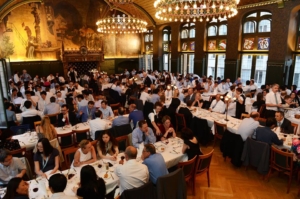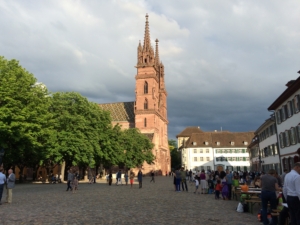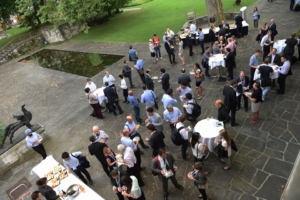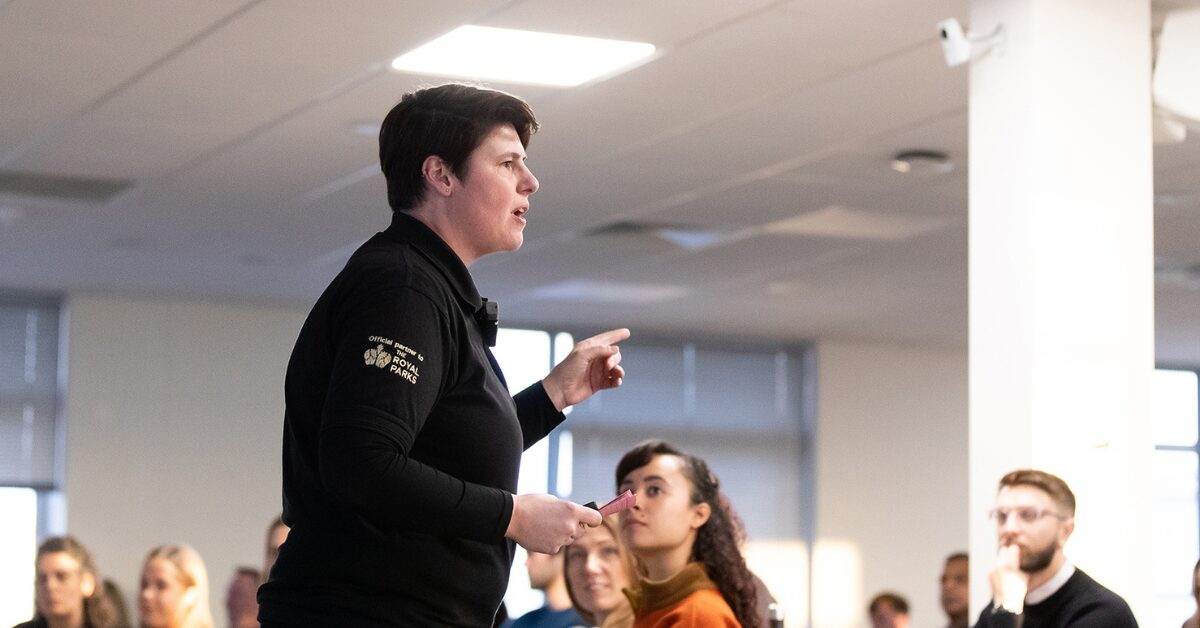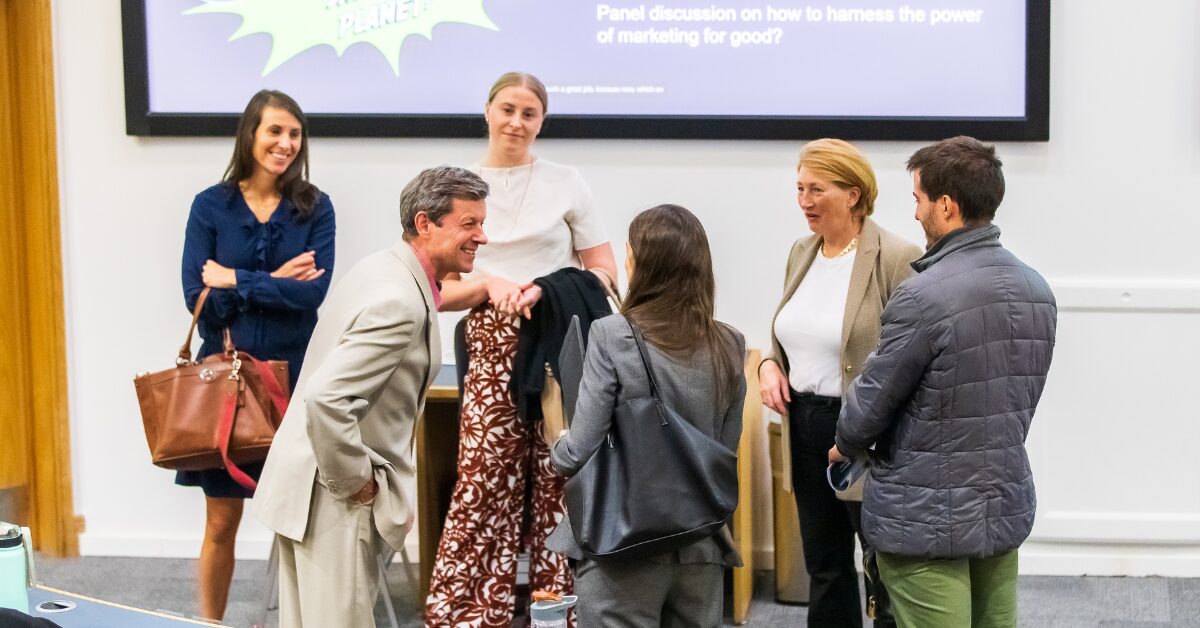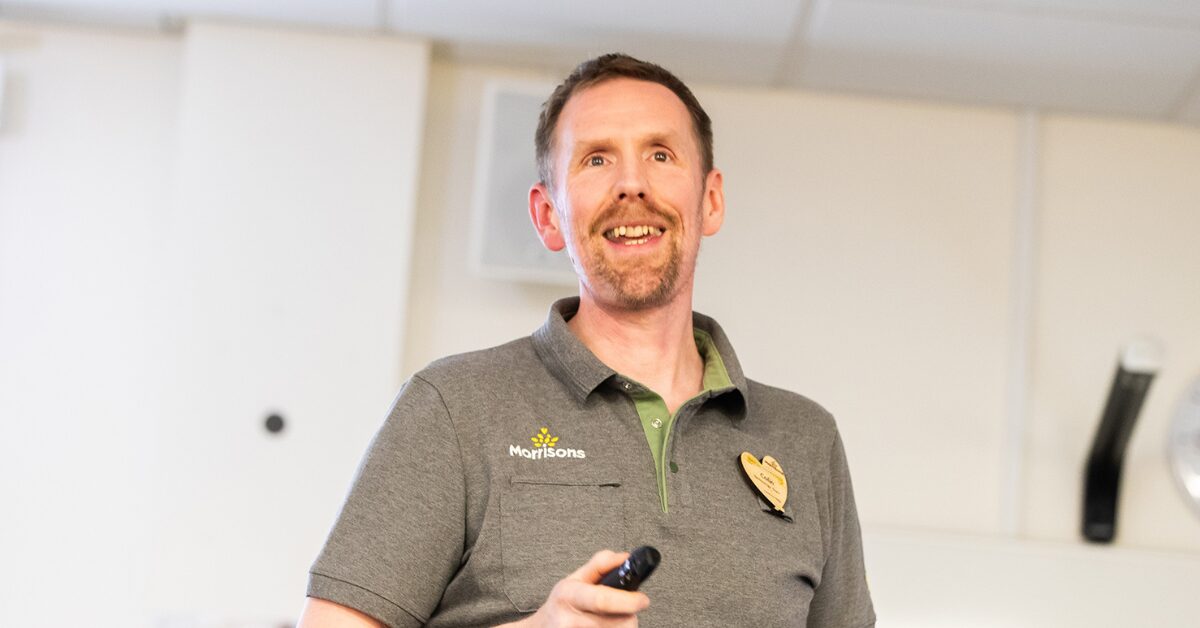From Cranfield to Basel – how the Santander Mobility Award helped me disseminate my PhD research
15/03/2017

One of the most popular myths surrounding PhD research is that it takes place in what Estelle Phillips, independent educational consultant, and Derek Pugh, Emeritus Professor of International Management at the Open University, describe as an ‘ivory tower’. Before embarking on my PhD journey, I found the prospect of spending about four years of my life away from reality and with limited social interaction rather worrying to say the least. Luckily enough, I have soon learned that PhD research is anything but a lonely, selfish or alienating activity.
In my research, I look at how financial firms with different ownership structures (that is, commercial, cooperative and savings banks) respond to central bank policies. My results, which suggest that diversity of ownership types in banking is beneficial to the stability of the financial system, have important implications both within and outside the academic world. Yet, if I want my research to make an impact on society, it is key that I go out and disseminate my findings to fellow researchers, practitioners and policymakers alike.
Soon after completing my first empirical paper, I sat with my supervisor to decide potential conferences to attend. After some discussion, we both agreed to target the European Financial Management Association (EFMA) Annual Meeting, given that it is generally regarded as one of the best conferences in Finance in Europe. Therefore, we made the finishing touches, submitted the manuscript and kept our fingers crossed. I was delighted when, after several weeks, we received an email confirming that our paper was accepted!
However, it was not the time to celebrate yet. I first needed to secure funding to support my attendance at the conference, which was going to take place the following summer in Basel, Switzerland. For this reason, I started to search for funding opportunities available at Cranfield and, while going through the Intranet, I came across the Santander Mobility Awards. These are grants up to £500 each that Santander Universities offer Cranfield students who are travelling outside the UK as part of their studies. As I was reading the application criteria, the Santander Mobility Awards seemed immediately an ideal source of funding for my trip.
After talking to my supervisor, I decided to give it a go. The application process was fairly straightforward and did not take up much of my time. All I had to do was to complete an application form in liaison with my supervisor and return it to Student Funding. While it was my responsibility to provide a detailed account of the proposed travel and a breakdown of the expected costs, my supervisor was asked to argue why I should have received an award and what benefits it may have brought both to me and to Cranfield. I am also grateful to Sam Goodwin, the Student Funding Officer, for all the great support he gave me throughout the application process. I wish all applications could go as smoothly as this one, not least because it was successful!
With funding secured, I was ready to take off to Basel. The conference was over three days, though my presentation was scheduled for the last day. Nonetheless, I decided to be there from the start of the event, since I was keen on attending the keynote speech and other parallel sessions. For the first time in my career as a researcher, I was also offered the opportunity to serve as a discussant and to critique another paper. I must admit it sounded like a pretty scary gig, but it eventually turned out to be a wonderful experience. So too was my presentation, where I had the chance of discussing my work in front of an international audience and to gain valuable comments from more experienced researchers – all this in a friendly and constructive environment!
What I particularly liked about the conference was that, it being one of the main in the field, some of the best-known researchers in my discipline – whose work has shaped my own thinking – were there too. I cannot describe how excited I was when I could actually meet somebody who I have quoted in my research and who I really admire for their exceptional scholarly achievements. Among the many other highlights of the event was certainly the gala dinner, during which I could get to know other researchers from all around the world in a more informal and relaxed setting than a parallel session. I am always amazed at how the conversation changes in front of a lovely meal and a good glass of wine!
Expanding my research network by meeting new people was indeed one of the main benefits I gained from participating in the conference. Not only did the event provided me with the opportunity to learn from other researchers, it also allowed me to give visibility to my work within an international context. I believe that such an experience can yield countless new opportunities – and so it did! For instance, a few weeks ago I received an invitation by somebody who I met in Basel to present my research at a workshop they will be hosting in the summer. At the same time, I have kept in touch with other researchers who were at the conference and I very much look forward to seeing them again in the near future.
My advice to PhD researchers or other postgraduate students at Cranfield who are seeking funding is to have a look at the application criteria for the Santander Mobility Awards. Should they fulfil the criteria, I would suggest them to apply – explaining clearly how the proposed travel will benefit them and their studies as well as Cranfield. Since applications will be assessed on merit, make sure that yours will stand out. This is an opportunity that does not come every day, so work hard and put in your best effort if you want to be successful. I wish applicants best of luck with their submissions and hope they will have very productive trips!
For more information on how to apply for a Santander Mobility Award in 2016-17 (current Cranfield students) and for more exciting opportunities supported by Santander Universities at Cranfield check out this blog post from our Student Funding Officer, Sam Goodwin.
Categories & Tags:
Leave a comment on this post:
You might also like…
Getting started on your School of Management thesis
Writing a thesis, business plan, internship project or company project can be a daunting task, and you might have some uncertainty or questions around how to get started. This post will share some ideas and ...
Sustainability by royal request: Managing an event fit for a King
The Coronation of King Charles III on May 6th 2023, was watched by millions of people around the world with tens of thousands of people travelling to Central London to witness the pageantry firsthand. ...
Getting started on your Master’s thesis
Please note: This post is intended to provide advice to all students undertaking a thesis in the Schools of Aerospace, Transport and Manufacturing; Water, Energy and Environment, and Defence and Security. There is separate advice ...
Finding your tribe: “Joining the sustainability community was the best decision”
For students on Cranfield’s Sustainability Business Specialist Apprenticeship, community and camaraderie is a vital component for success. Designed in consultation with industry, the part-time Level 7 apprenticeship aims to deepen participants’ knowledge of the ...
“My sustainability studies gave me the confidence to take on Amazon”
Not everyone would have the confidence to challenge a big global power like Amazon but, for Colin Featherstone, Senior Technology Manager and Tech Sustainability Lead at Morrisons, his Cranfield studies equipped him with the ...
My Apprenticeship Journey – Broadening Horizons
Laura, Senior Systems Engineer at a leading aircraft manufacturing company, joined Cranfield on the Systems Engineering Master’s Apprenticeship after initially considering taking a year off from her role to complete an MSc. Apprenticeship over MSc? ...

